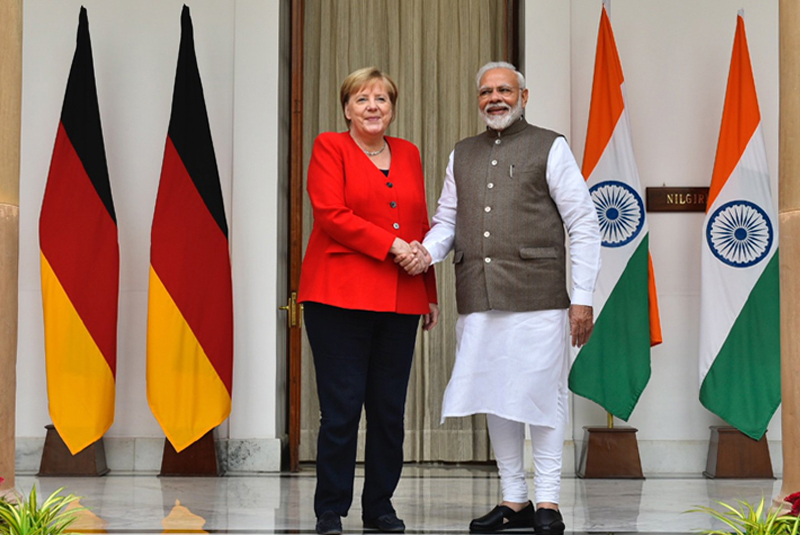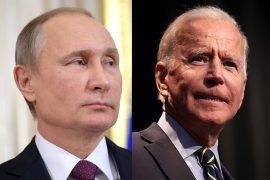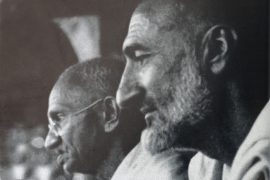Angela Merkel, the Chancellor of Germany, has decided to keep her date with India. Her visit indicates that the two countries have substantial engagement. However, out of fifteen ministries that accompanied the Chancellor, only four had full ministers. The rest were State secretaries.
Given Merkel’s declining popularity – and the fragile coalition government – some crucial questions need to be answered: Is the commitment of the coalition now lethargic? Will the Merkel Government’s commitment to India continue?
Germany and India have had a stable diplomatic relationship. There is no doubt that there is a multifaceted engagement between the two countries. In the recent past, they have been significant partners in several initiatives on environment, education, smart cities and green energy. In particular, Germany is India’s lead partner in the German-India Solar partnership.
Germany invested $2.3 billion in India’s green energy development. This includes a $1 billion fund to expand solar power in India and $1.3 billion fund to develop a “green energy corridor.” Germany is also supporting the Namami Gange project, the smart cities mission (through the collaboration with Cochin, Bhubaneswar and Coimbatore), the rooftop solar project and a large number of environment-related projects.
-30-
Copyright©Madras Courier, All Rights Reserved. You may share using our article tools. Please don't cut articles from madrascourier.com and redistribute by email, post to the web, mobile phone or social media.Please send in your feed back and comments to editor@madrascourier.com











